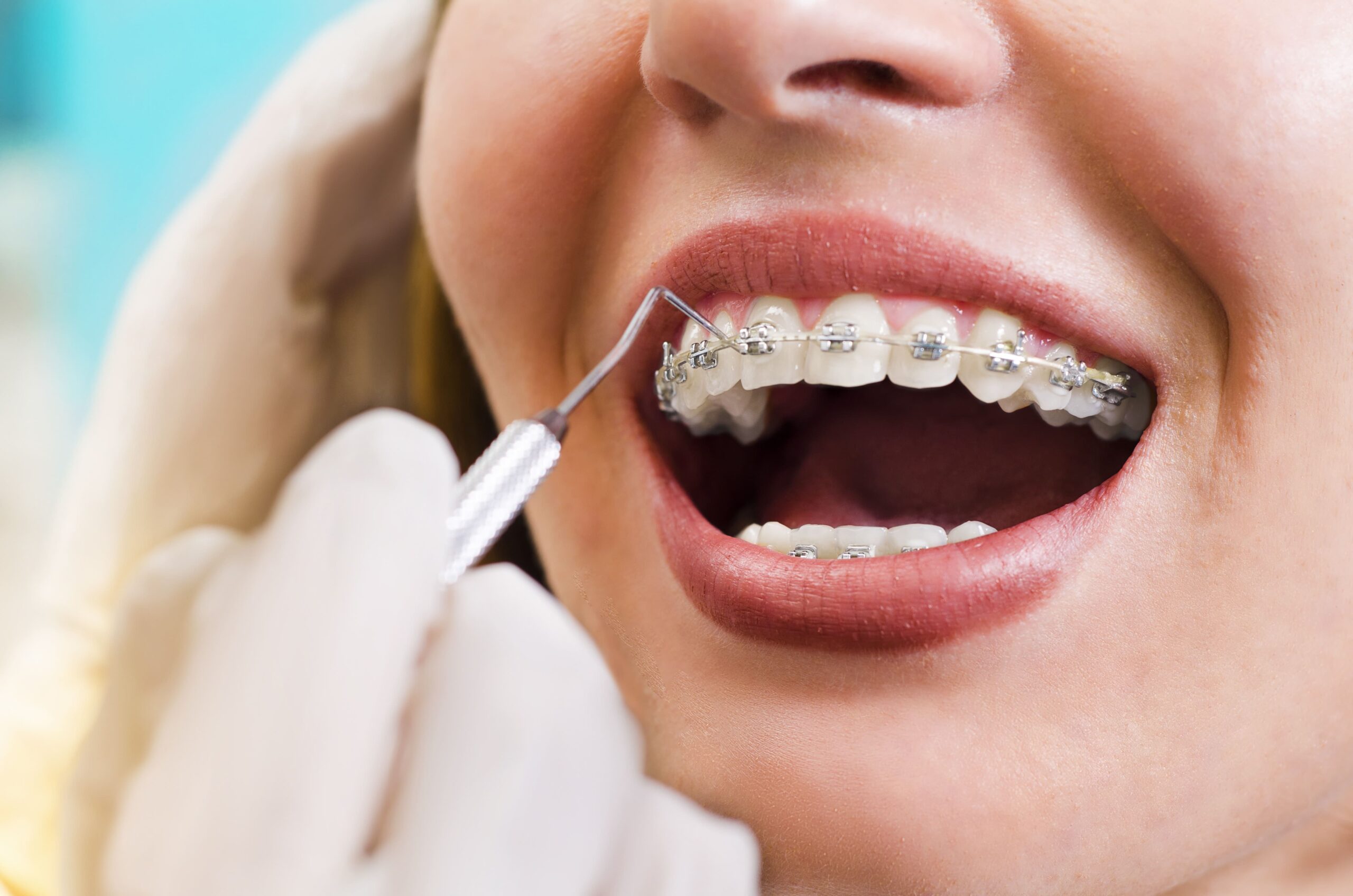
Dentures provide partial and total answers for tooth loss and let patients restore a completely beautiful, functional smile. Thanks to developments in dental materials and technology, modern dentures seem more natural and are more comfortable than they were years past. To appreciate the advantages of your dentures, though, you must be committed to regular maintenance and care.
Steer clear of excessive temperatures, keep the denture’s integrity and form, and plan regular dental checkups into your calendar to aid in preserving both. These techniques will ensure a comfortable fit, fresh breath, and the avoidance of more major oral health issues, therefore extending the lifetime of your dentures. Maintaining your denture cleaner will also help you keep your general health, minimize gum irritation, and retain your face structure.
To give you a complete guide to preserving the form, function, and appearance of your dentures, this blog will explore the fundamental skills, habits, and insights for correct denture care and maintenance. We will cover important subjects such as daily cleaning methods, denture storage, damage and discoloration prevention, life with dentures, and the need for lifelong dental care even following tooth loss.
Daily Dental Cleaning Essential Techniques
After eating or drinking, rinse your teeth to get rid of any stains or debris. Run the dentures gently under cool water, being careful not to bend any parts. Debris and ongoing stains could call for a light brushing.
Your dentures need daily cleaning to eliminate bacterial plaque and stop the development of destructive deposits, the same as with natural teeth. Regular toothbrushes and abrasive cleaners could damage, hence it is imperative to use a soft-bristled brush especially meant for dentures.
Soak your teeth overnight in a specifically prepared denture-washing solution. This procedure lets your gums relax and helps eliminate any plaque that might have developed, so maintaining the freshness of the teeth. Rinse well to clear any last traces of the soaking fluid before putting them back in your mouth.
Preserving the Integrity of Your Dental Work
- Handle carefully; fallen dentures could break or bend due to their delicacy. To lower the chance of harm should your dentures slide from your hand, clean or handle them over a soft cloth or a basin filled with water.
- Always keep your teeth moist in water or a denture-cleaning solution to prevent them from drying out, warping, or losing their form while not worn.
- Steer clear of too much heat since it will deform your dentures and destroy their substance. Use lukewarm water for cleaning; keep your teeth away from hot surfaces, boiling water, or microwaves.
When you first start wearing dentures, ease into your new way of life by eating soft meals in little pieces and then progressively adding more textured and solid foods. Your mouth and gums might take some time to adjust, hence slowing down will help avoid pain.
Dentures may first cause minor trouble pronouncing some words, therefore affecting your speech. Your mouth muscles will adjust to the new dental appliance with patience and practice; your speech will return to normal.
Maintaining good oral hygiene is essential even with teeth replacement by dentures. Using a soft toothbrush or gauze, gently clean your gums, tongue, and the roof of your mouth to increase blood flow and create a good dental environment.
Conclusion
For those who wear dentures, maintaining a pleasant, functional, and appealing smile depends critically on constant care and maintenance. Your dentures will last much longer and your oral health will be guaranteed by using correct cleaning methods, safeguarding denture integrity, changing to new dental habits, and giving frequent dental check-ups top priority.
